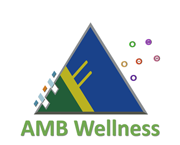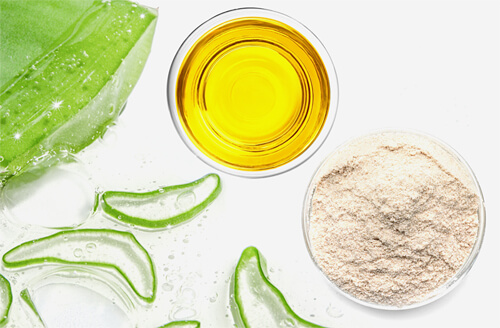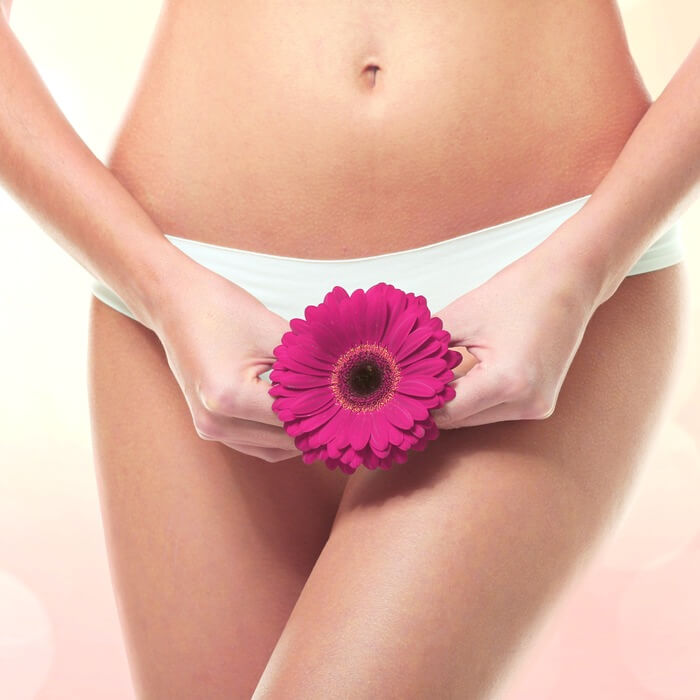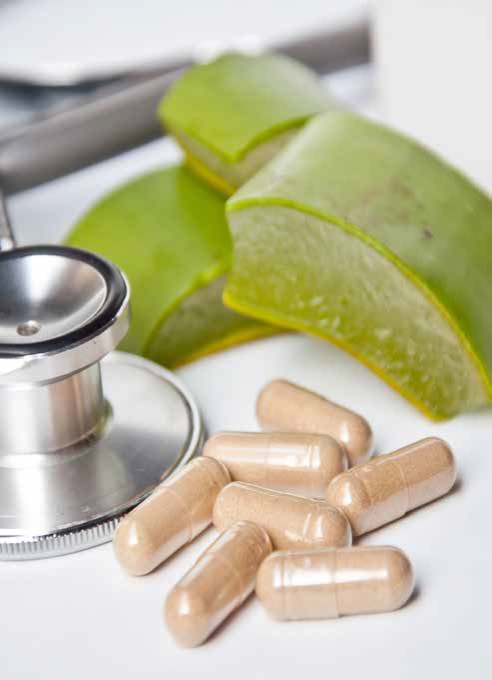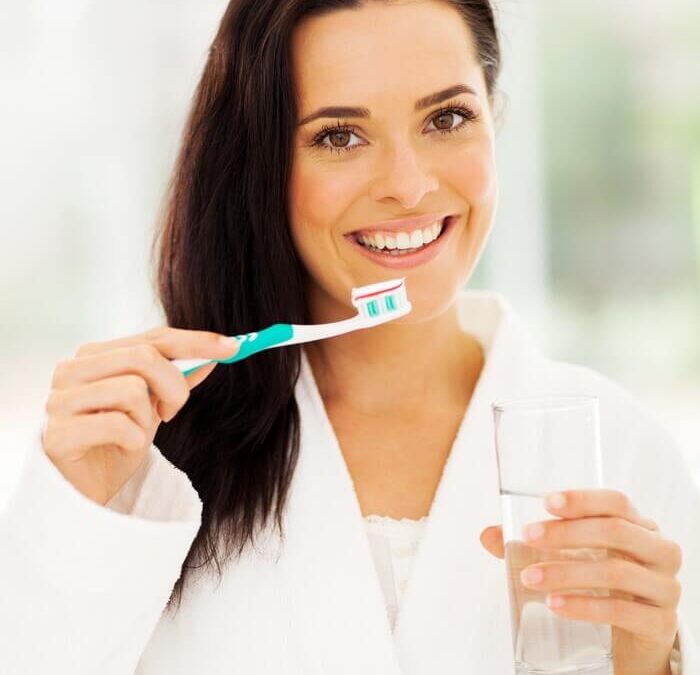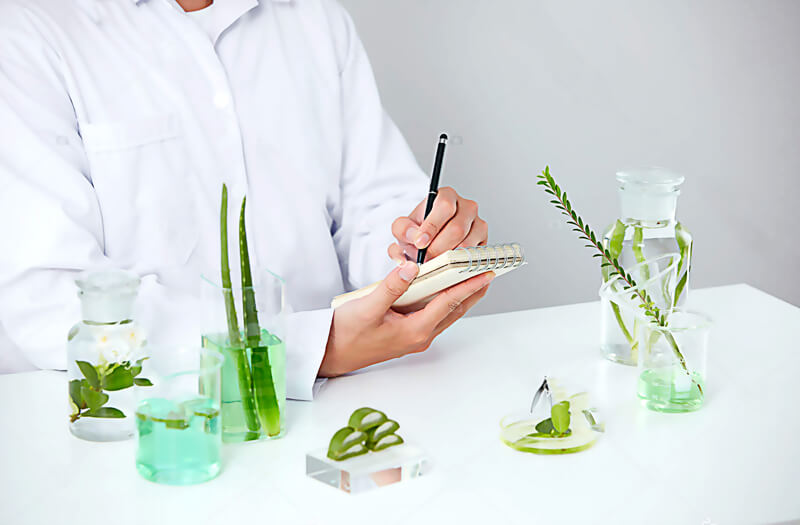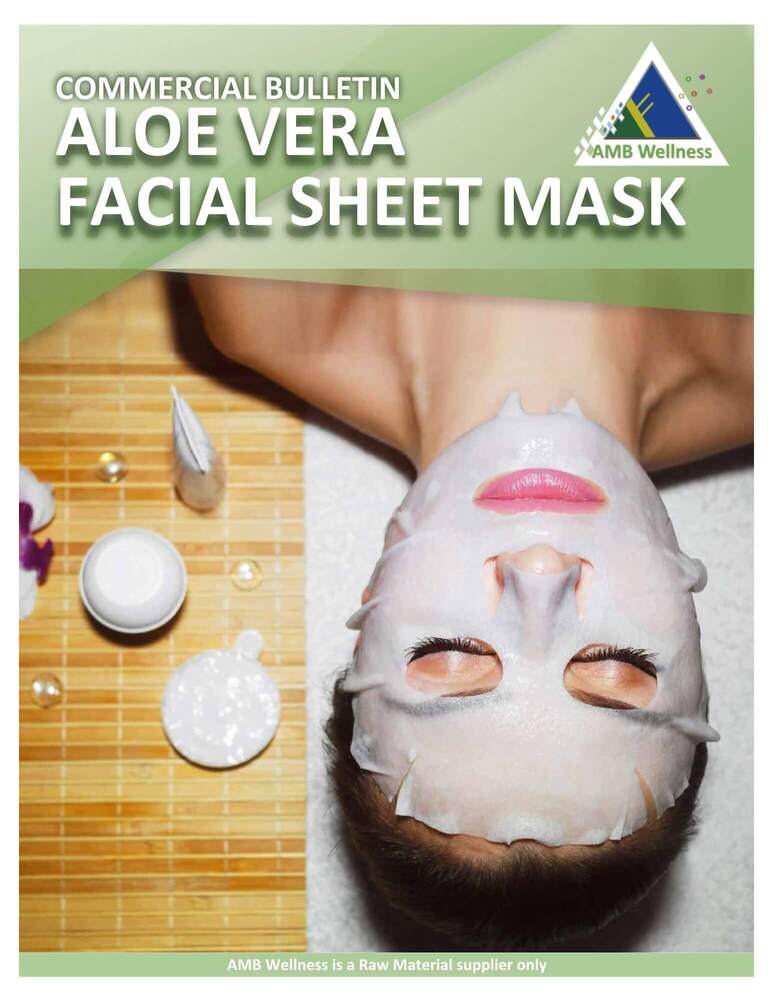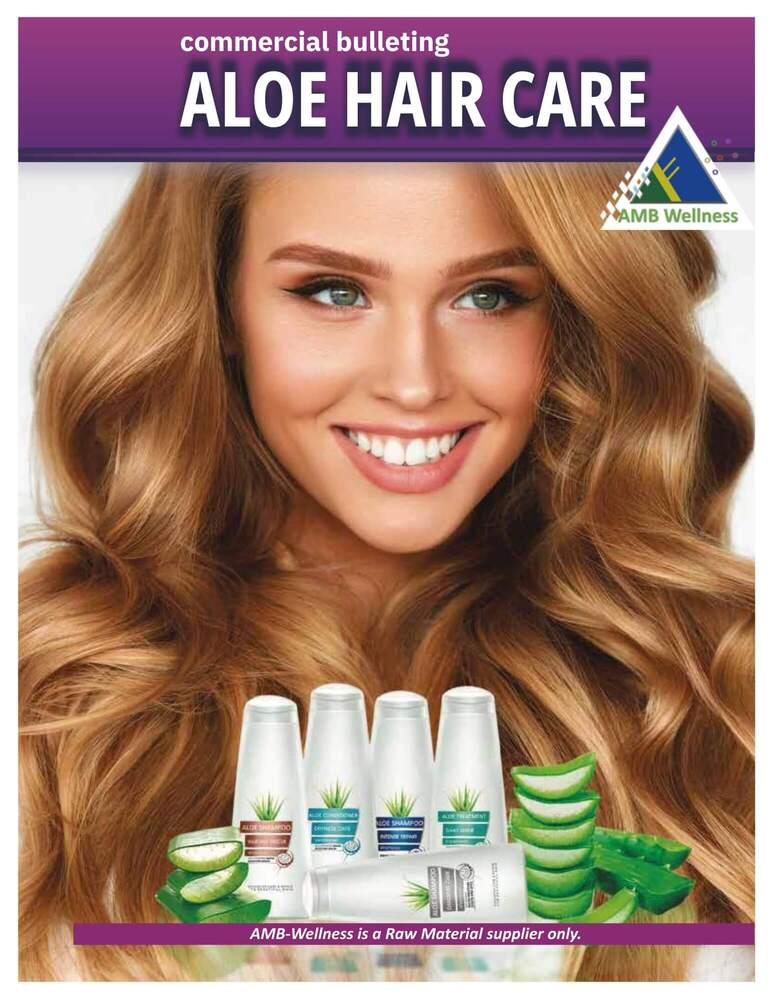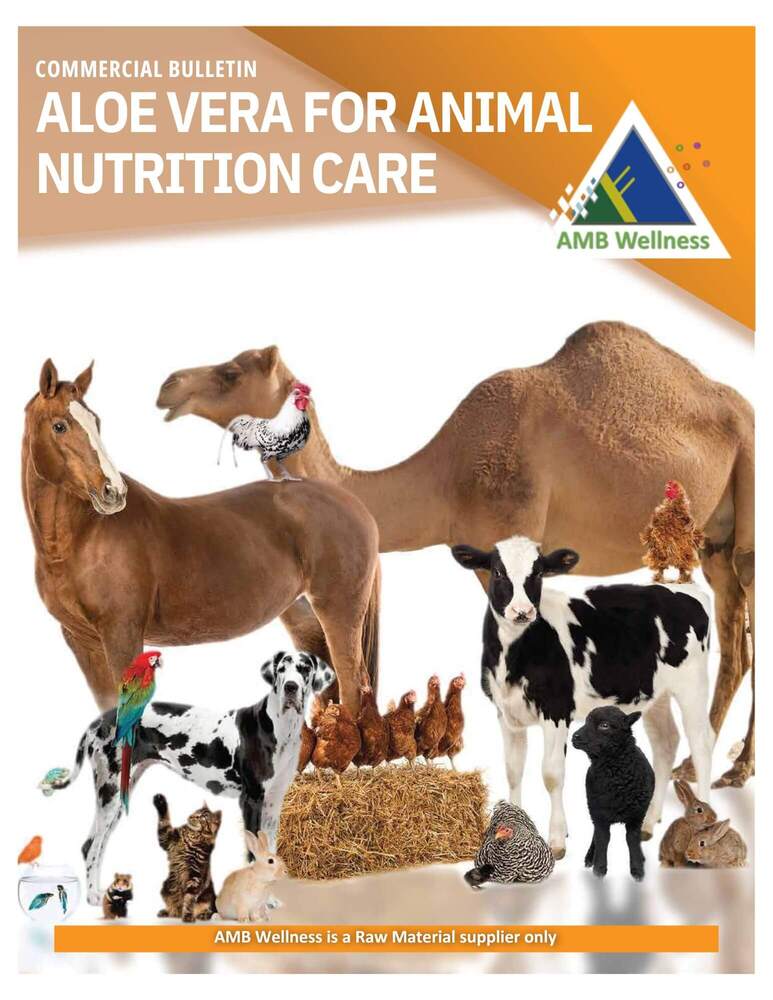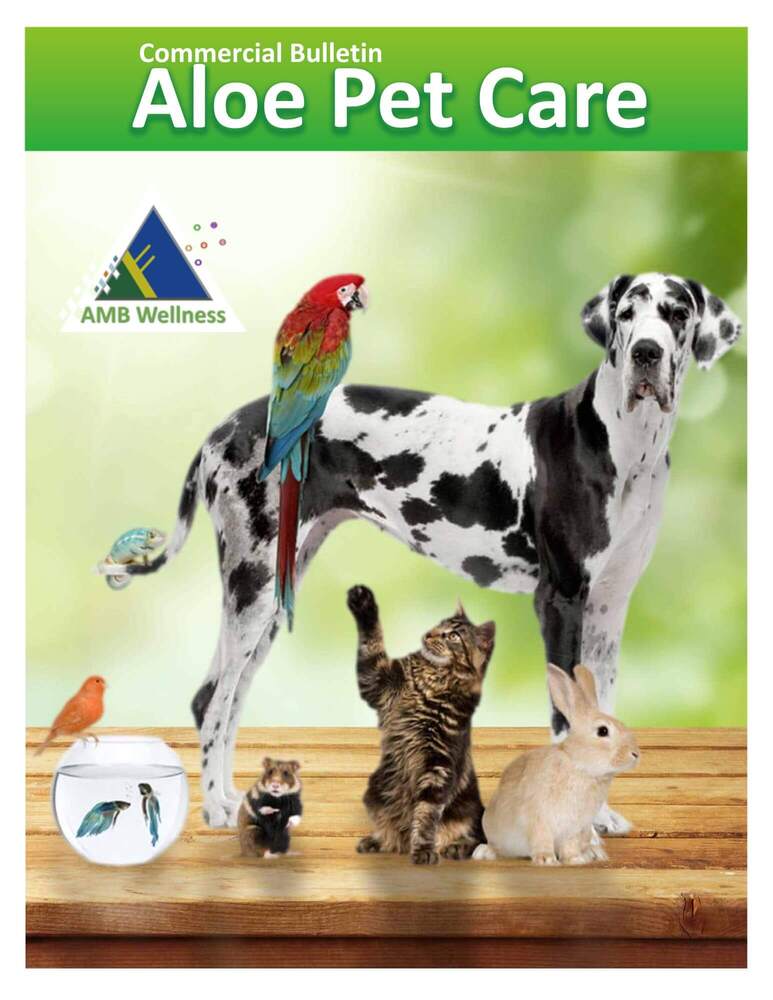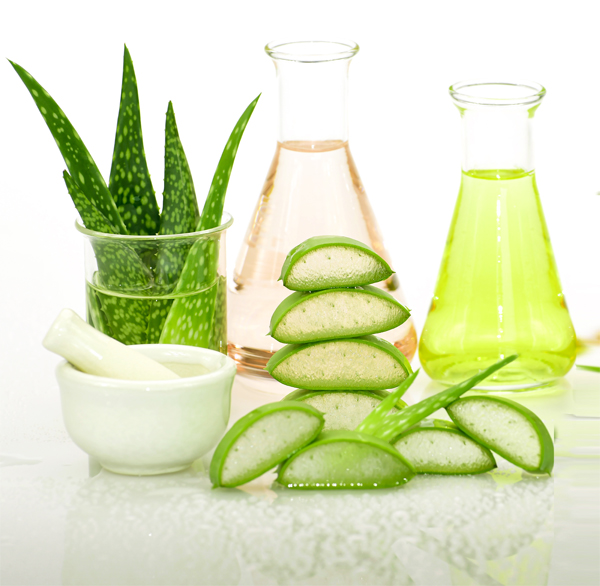Author Hongyu Zhong, Xiang Li, Wanqi Zhang, Xiaoxiao Shen, Yuangang Lu and Hongli Li
Acne is a chronic disorder that affects almost 80% of adolescents and young adults, causing psychological and emotional distress, Acne is a chronic disorder of pilosebaceous units, which is characterized by comedones, inflammatory papules, pustules, cysts, and nodules, affecting almost 80% of adolescents and young adults, acne lesions can result in post-inflammatory hyperpigmentation (PIH) and scarring, inflammation exists throughout the whole cycle of acne lesions, and PIH can cause psychological and emotional distress, leading to a great influence on healthy quality of life in affected individuals, the current treatments include topical and systemic medications for moderate to severe acne, however, their curative effects are limited due to adverse effects and unsatisfactory efficacy, the current treatments for acne are either ineffective or have many side effects, enhanced the absorption of aloe vera gel, and soft mask to make a purely physical method without any drugs, In recent years, there have been an increasing number of medicines and cosmetics made from aloe vera gel (AVG), the mucilaginous tissue in the center of the aloe vera leaf , its pharmacological functions include antibacterial, anti-inflammatory effects and wound healing promotion (1618). A previous study suggested that Aloe Vera Gel treatment in combination with tretinoin was effective in reducing non-inflammatory and inflammatory acne lesions. In both the treatment group and control group, the number of papules/pustules and the area of hyperpigmented lesions were counted, and a smart mirror intelligent face system was used before and after the combined therapy, combined therapy with aloe vera significantly reduced the number of papules and the area of hyperpigmented lesions and improved skin roughness and local blood circulation, is a method for patients who seek topical treatments with mild side effects and low antibiotic resistance rates.
